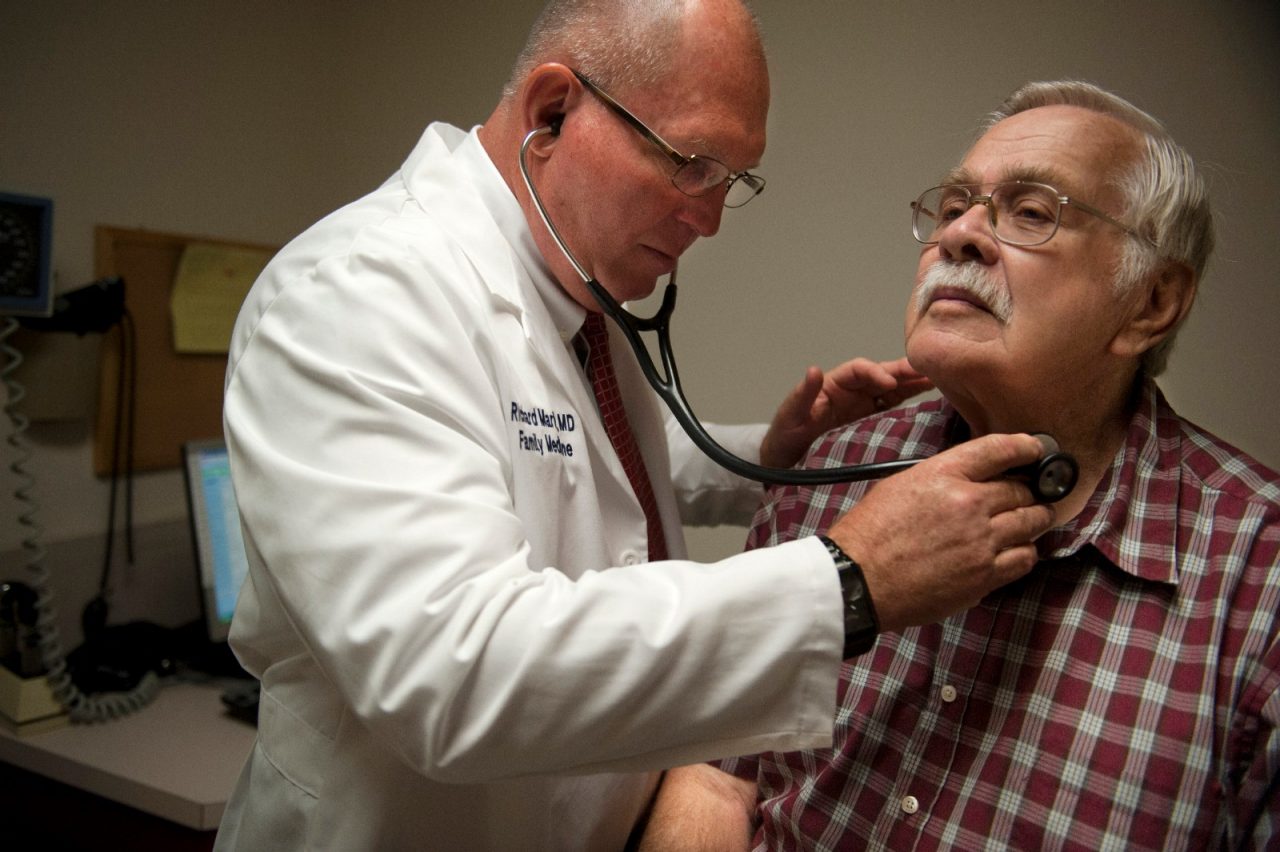The Issue
Researchers found urban-area premiums were associated with lower marketplace premiums in both 2016 and 2017, for the second-least expensive silver plan, which covers at least 70 percent of health care costs. Although urban areas tend to have health care systems that are more expensive, they also have large populations that invite competition among plans and spread the financial risk associated with health care coverage among more people, thus lowering premium prices.
Rural areas, in contrast, typically have a lower cost of living, but fewer people spread out over a greater area, which can discourage competition among health plans. In areas with Medicaid-managed care (MMCO) plans—which now offer private coverage to low-income residents—or provider-sponsored plans, which are offered directly by a health system or group of doctors instead of a traditional insurance company were associated with significantly lower premiums in 2016 and 2017.



